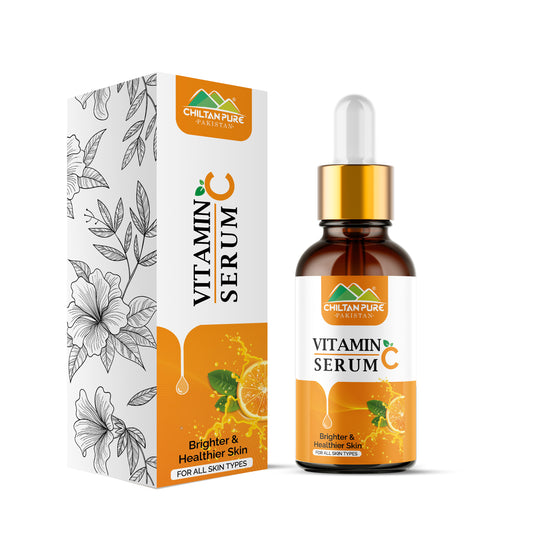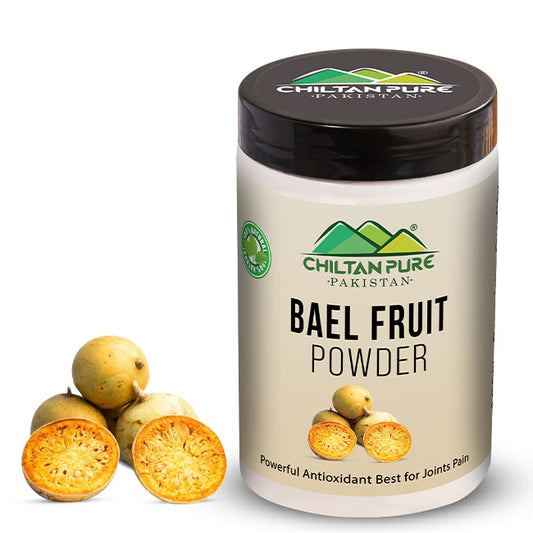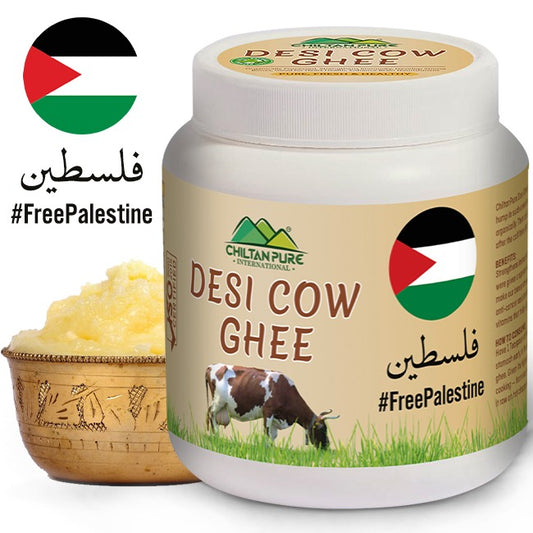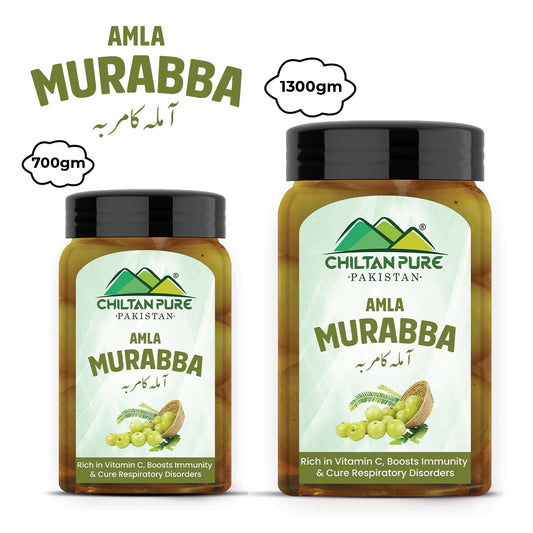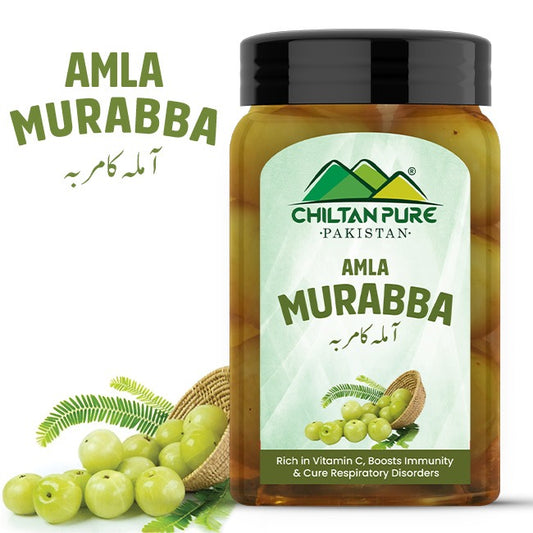Unrefined sugar is produced in Asia and Africa as Jaggery. Because the nutrient-rich molasses is not spun out of the sugar during processing, it is occasionally referred to as a "non-centrifugal sugar." Although they go by different names, comparable non-centrifugal sugar products can be found in Asia, Latin America, and the Caribbean.
Gur, another name for Jaggery, is a popular sweetener in Southeast Asia and Africa. It is a less-refined variety of sugar. Thus, there is still a sizable quantity of molasses in it. It's common to hear claims that Jaggery is "healthier" than other types of sugar. Studies on Jaggery's overall health advantages and hazards are currently being conducted, even though science has validated some of these claims.
Benefits
Prevention of respiratory problems

Jaggery as a treatment for chronic respiratory issues may be the best option. Popular belief is that Jaggery can help clear out the respiratory system, lungs, oesophagus, stomach, and intestines by attracting dust and other undesirable particles. For optimal effects, combine Jaggery with pepper, tulsi, dried ginger, or sesame seeds.
Helps with weight loss

Many people struggle with gaining excess weight. Modest use of Jaggery is a known therapy for promoting weight loss. Long chains of sucrose make up Jaggery, making it a sugar with a lot of complexity. Sucrose is digested slowly, so the body uses the energy it provides over a more extended period. Furthermore, it suppresses hunger by making us feel full for longer.
The potassium in Jaggery aids in maintaining standard electrolyte and metabolic function and constructing and maintaining muscle mass. Water retention is a significant obstacle to weight reduction; potassium can help alleviate this problem.
Controls blood pressure

Because of its potassium and sodium content, Jaggery aids in the maintenance of normal blood pressure. Since Jaggery relaxes blood vessel walls, it promotes even blood flow and helps keep blood pressure steady. Incorporating it into one's diet might benefit those with hypertension or hypotension.
Great source of energy
Jaggery gives you sustained energy over an extended period, but sugar gives you a quick rush. In addition to preventing tiredness, its unprocessed nature means that it won't drastically affect blood sugar levels but will induce a gradual increase.
Sugar is a simple carbohydrate that gets absorbed into the bloodstream quickly and gives energy immediately. Jaggery, on the other hand, is a complex carbohydrate that gives energy to the body slowly and for a longer time. The blood sugar doesn't rise right away. It also helps keep the body from becoming tired and weak.
Relieves menstrual pain

Jaggery is a natural way to ease the pain of menstrual cramps. When you eat Jaggery, your body releases endorphins, which are happy hormones that help with PMS symptoms like mood swings, irritability, food cravings, and many more. Regular use of Jaggery may also help regularise periods that don't come on time.
Purifies the body
Jaggery is often eaten after a meal because it is one of the best natural ways to clean the body. By eating this food, you can eliminate all kinds of unwanted things from your intestines, stomach, oesophagus, lungs, and respiratory tract. The amount of sodium and potassium in the body increases because Jaggery raises the haemoglobin in the blood. The right balance of sodium and potassium controls the acidic reactions, which keeps the blood clean.
Detoxification of the liver
Jaggery is a natural way to clean the body, particularly the liver. Natural sweetener helps get rid of toxins that are bad for the body. Gur or Jaggery helps the liver clean up even more. Since this is the case, people with liver diseases should start eating Jaggery.
Treatment of cold and cough

Colds and coughs, which can be signs of the flu, can also be helped by Jaggery. It causes the body to make heat, which fights against being cold. Jaggery forms a layer on the inner lining of the throat, which helps with throat problems like sore or itchy throat. To get the most out of Jaggery, mix it with warm milk or sweeten your tea.
Prevents constipation
Jaggery makes the body's digestive enzymes work, which moves the bowels and helps prevent and treat constipation. Constipation is a condition in which it is hard to empty the bowels, often because the feaces have hardened. It also makes you pee more and can help move your bowels. After lunch, a small piece of Jaggery could get digestion going again, which is essential for good health.
Reduces joint pain

Jaggery can give a significant amount of pain alleviation to those suffering from arthritis or any other condition that causes discomfort in the joints. Calcium and phosphorus are both found in decent quantities in Jaggery. When combined, these two nutrients can alleviate any issues that may have been occurring in the joints or bones. The efficacy is only enhanced when ginger is consumed alongside it.
Boost skin health
Acne, pimples, and other skin imperfections can all be efficiently treated with Jaggery's help since it helps cleanse the blood and boosts the body's haemoglobin levels. Jaggery's glycolic acid content makes it an effective treatment for various skin conditions. Jaggery's positive effects on the skin are amplified when combined with sesame seeds.
boost immunity
Jaggery contains significant amounts of antioxidative compounds and minerals like selenium and zinc.
Zinc helps prevent damage caused by free radicals and builds resistance against various diseases. Therefore, this is the reason why it is used regularly throughout the winter.
Cures urinary tract problems
Because sugarcane is a natural source of diuretic properties, Jaggery also has these qualities. Consuming this nutrient-dense food item on a daily basis can immediately assist with various urinary health concerns, including lowering inflammation in the bladder, increasing the frequency of urination, and enhancing the flow of urine.
Maintains good intestinal health
Jaggery has a high magnesium content. The mineral content is 16 mg per 10 g of the meal. Thus, meeting our 4% daily need for this mineral can be accomplished with as little as 10 grams daily. That's why including it in your everyday diet can help keep your digestive tract healthy.
This dark brown sugar substitute may be found at any Indian grocery store. Be sure the Jaggery you buy is entirely unprocessed, though. Include it in your regular meal plan, and you'll soon feel better after eating it.
Frequently Asked Questions (FAQs)
Is it reasonable to eat Jaggery daily?
Yes, you should eat about 10 grams of Jaggery after each meal. Every 10 g of Jaggery has 16 mg of minerals, which means that if you eat it once during the day, it will meet 4% of your body's daily mineral needs.
How is Jaggery harmful?
If you overeat Jaggery, you could get a stomach-ache, cold, cough, nausea, headache, or even throw-up. When Jaggery is made in a way that isn't clean and has impurities, it can cause infections in the intestines.
Does Jaggery gain weight?
Jaggery is a sucrose-based sweetener. Sucrose digestion takes time, releasing energy slowly, which makes us feel fuller for longer, lowering hunger. Jaggery contains potassium, which balances electrolytes, boosts metabolism, and builds muscles. Potassium reduces water retention, which aids in weight reduction. Due to its high glucose, fructose, fat, and protein content, excessive eating might cause weight gain.
How much Jaggery is safe per day?
Even though Jaggery is healthier than sugar, it still has a lot of glucose and sucrose, which can be bad for your health if you overeat it. The best amount of Jaggery to eat daily is between 10 and 12 grams.
Is Jaggery better than honey?
One of the best ways to reduce sugar is to switch to other sweeteners like honey or Jaggery. Even though both are better than sugar, they each have problems. If you overeat honey or Jaggery, it can be bad for your health. So, you can't precisely compare one thing to another in terms of its pros and cons.
Can Jaggery reduce belly fat?
Long sucrose chains make Jaggery. The body digests sucrose slowly, producing energy over an extended period, and reduces hunger by keeping us satisfied longer. Potassium-rich Jaggery balances electrolytes boost metabolism, and build muscles. Potassium also aids weight reduction by reducing water retention. Jaggery and lemon juice water daily burns abdominal fat.
Does Jaggery contain vitamin C?
Jaggery has a lot of health benefits that make it the best sweetener. It has 38 calories, 9.8 grams of carbohydrates, 9.7 grams of sugar, 0.01 gram of manganese, protein, choline, magnesium, betaine, folate, iron, phosphorus, calcium, selenium, and Vitamin B12, B6, in just 20 grams.
Can we drink jaggery water at night?
Jaggery has a hot potency and works miracles if eaten before bed in the winter. It keeps winter illnesses like colds and flu away. Jaggery also speeds up the release of hormones that relax the body and mind and help you sleep faster and better.
Is Jaggery good for the skin?
Jaggery cleans the blood and gives it more haemoglobin, which is suitable for treating acne and making the skin healthier. The glycolic acid in Jaggery helps eliminate skin problems and keep the skin clear. When eaten with sesame seeds, Jaggery's benefits for the skin get even better.
Is Jaggery good after dinner?
When you eat Jaggery after a meal, it helps move your bowels and turns on your body's digestive enzymes. Eating Jaggery with ghee right after a meal will help your bowels move very well. The iron in Jaggery and ghee fat make them work as a natural laxative to help people who have trouble going to the bathroom.
Why does Jaggery turn black?
Sugar cane is boiled to make Jaggery. Jaggery's dark brown or black colour comes from the chemical changes during this process. The darker the Jaggery, the better because it was made with a lot of raw, concentrated sugarcane juice and wasn't mixed with anything else.




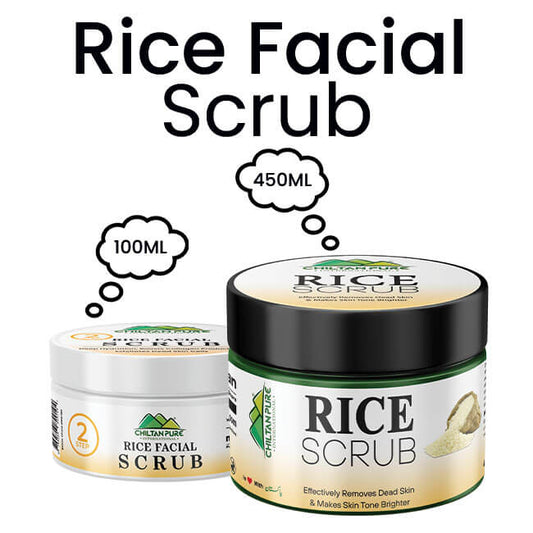

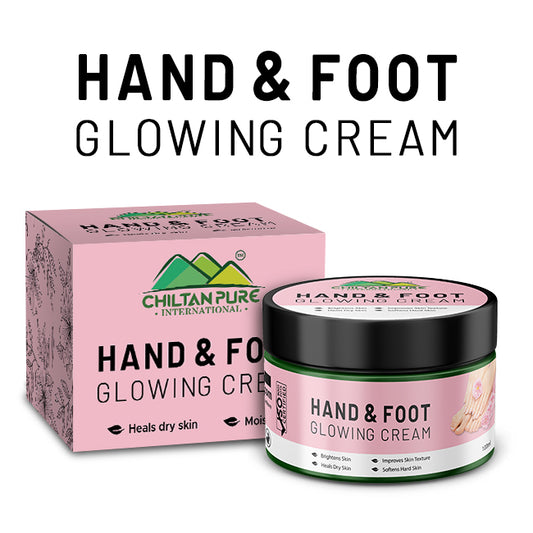

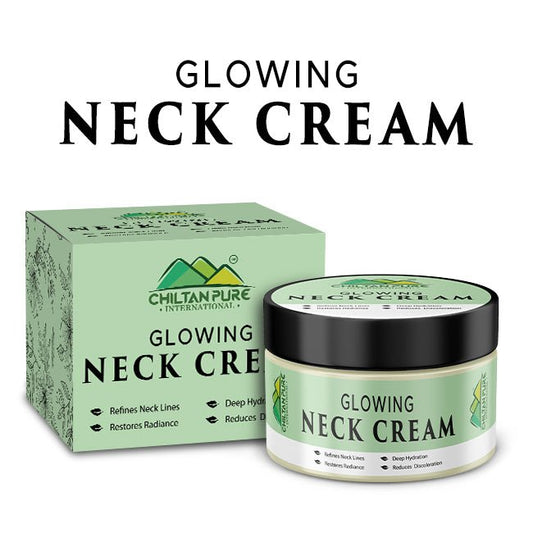

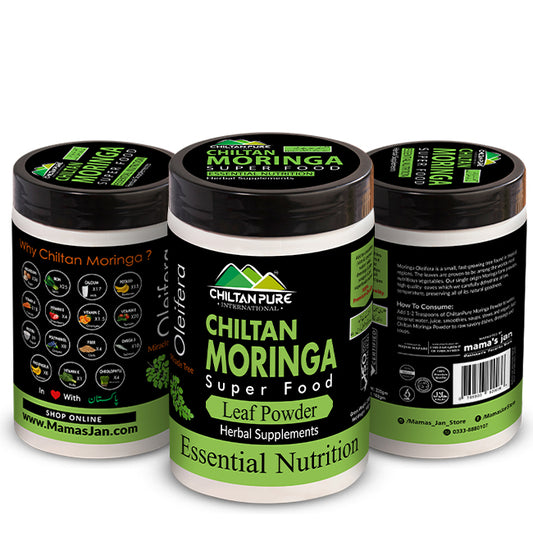
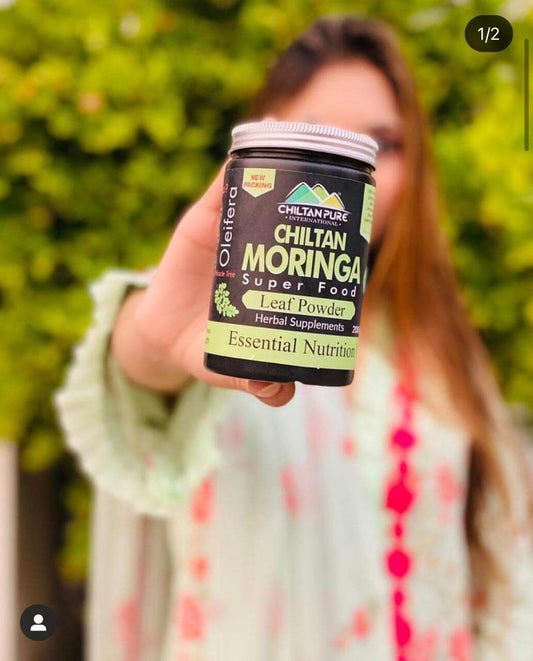
![Chia Seeds – Make Skin Glow, High in Fiber, Protein & Aid in Weight Loss [تخم میکسیکو]](http://mamasjan.com/cdn/shop/files/Chia-seeds-wb_1_533x.jpg?v=1739000274)
![Chia Seeds – Make Skin Glow, High in Fiber, Protein & Aid in Weight Loss [تخم میکسیکو]](http://mamasjan.com/cdn/shop/files/ChiaSeeds1_533x.jpg?v=1739000274)
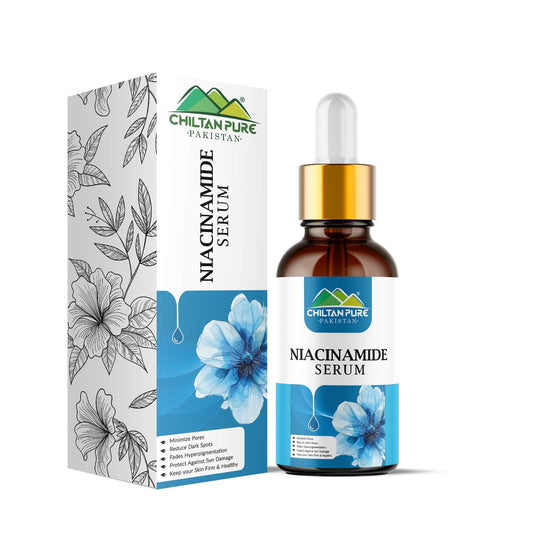

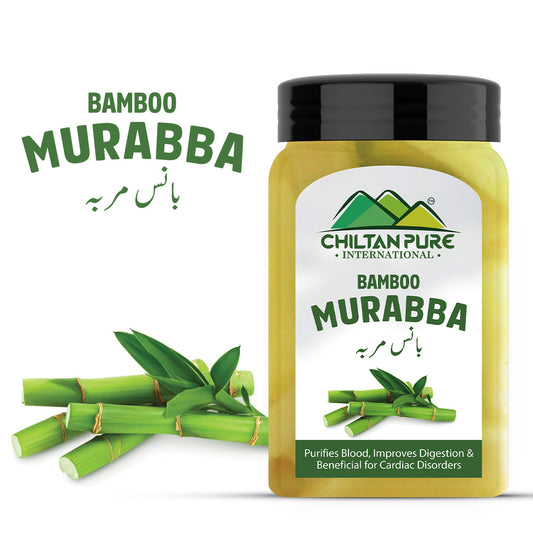

![Red Onion Oil 🧅 Reduces Hair Fall & Accelerates Hair Regrowth [پیاز کا تیل].. Trending.... 🔥](http://mamasjan.com/cdn/shop/files/Onion-Oil_533x.jpg?v=1707234402)
![Red Onion Oil 🧅 Reduces Hair Fall & Accelerates Hair Regrowth [پیاز کا تیل].. Trending.... 🔥](http://mamasjan.com/cdn/shop/files/shampoo-oil-4_3a0058c6-20d2-4f79-8050-19cf717015ac_533x.jpg?v=1708103599)
